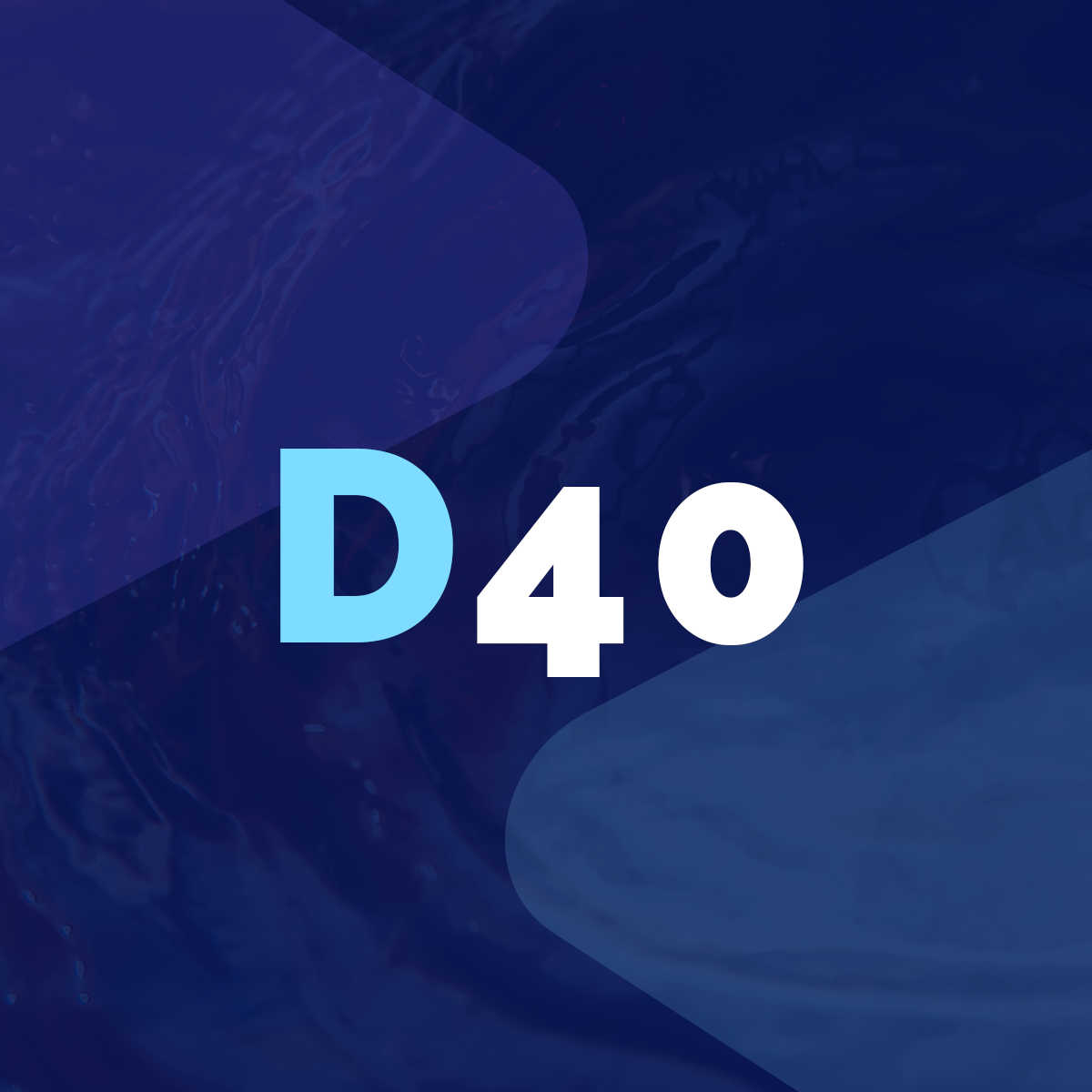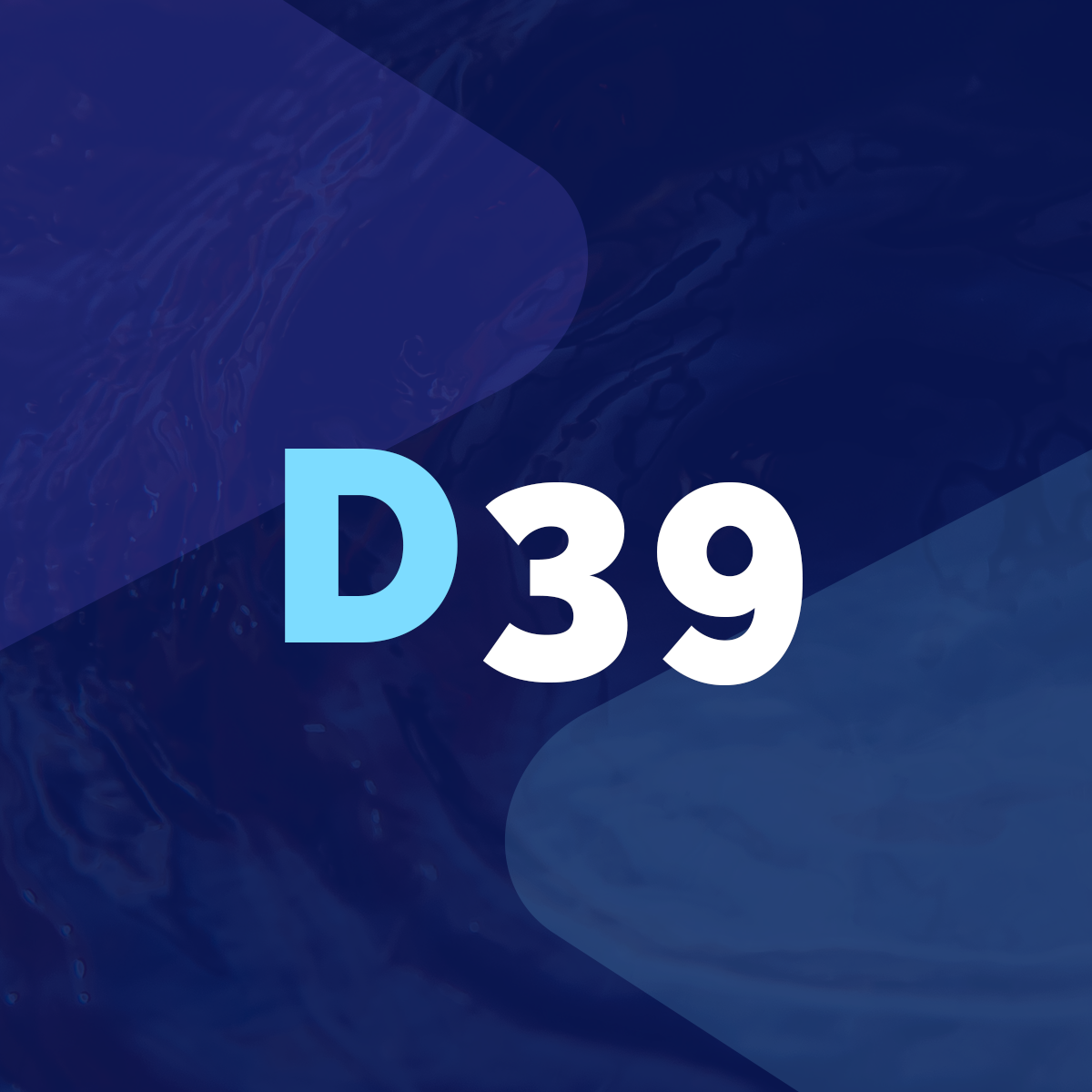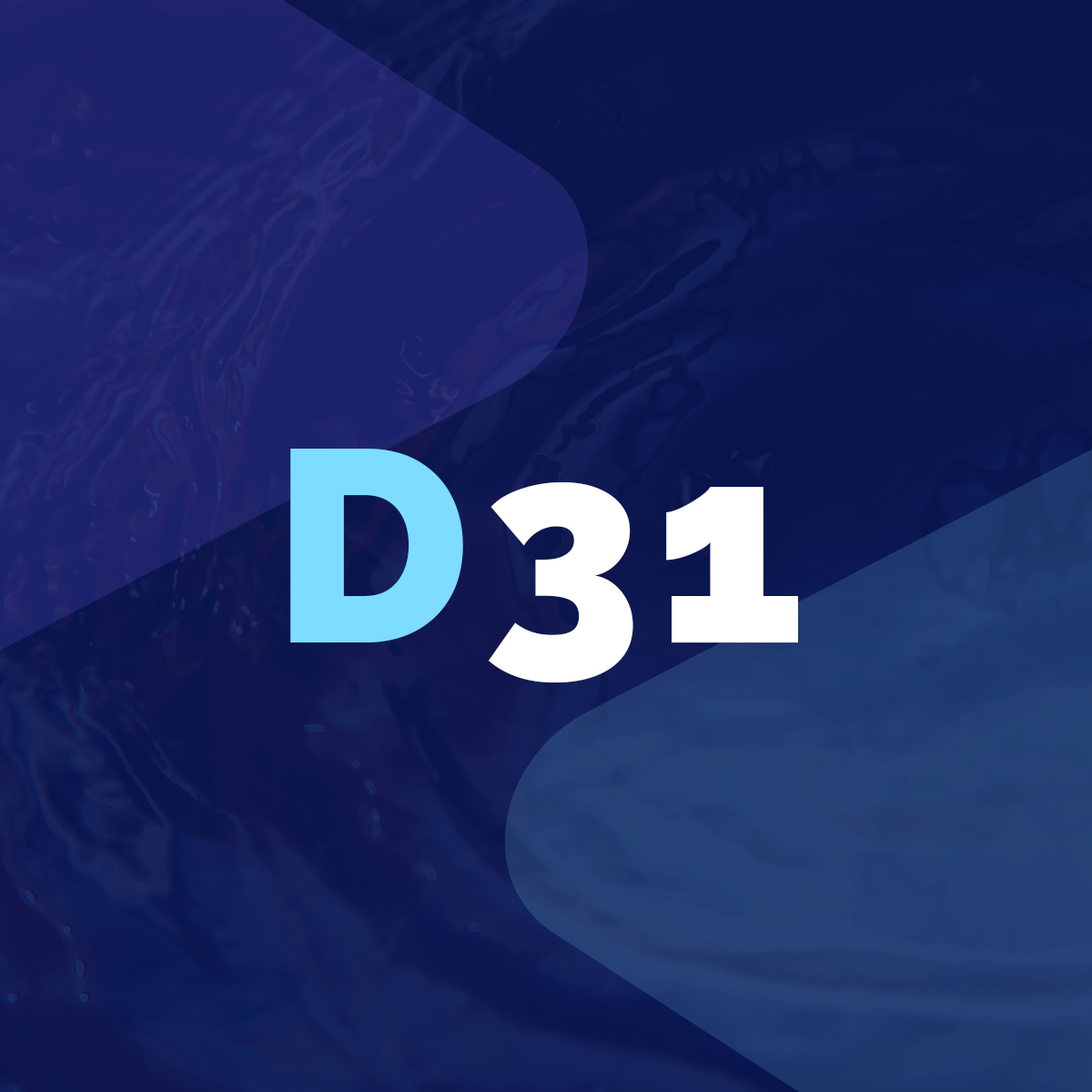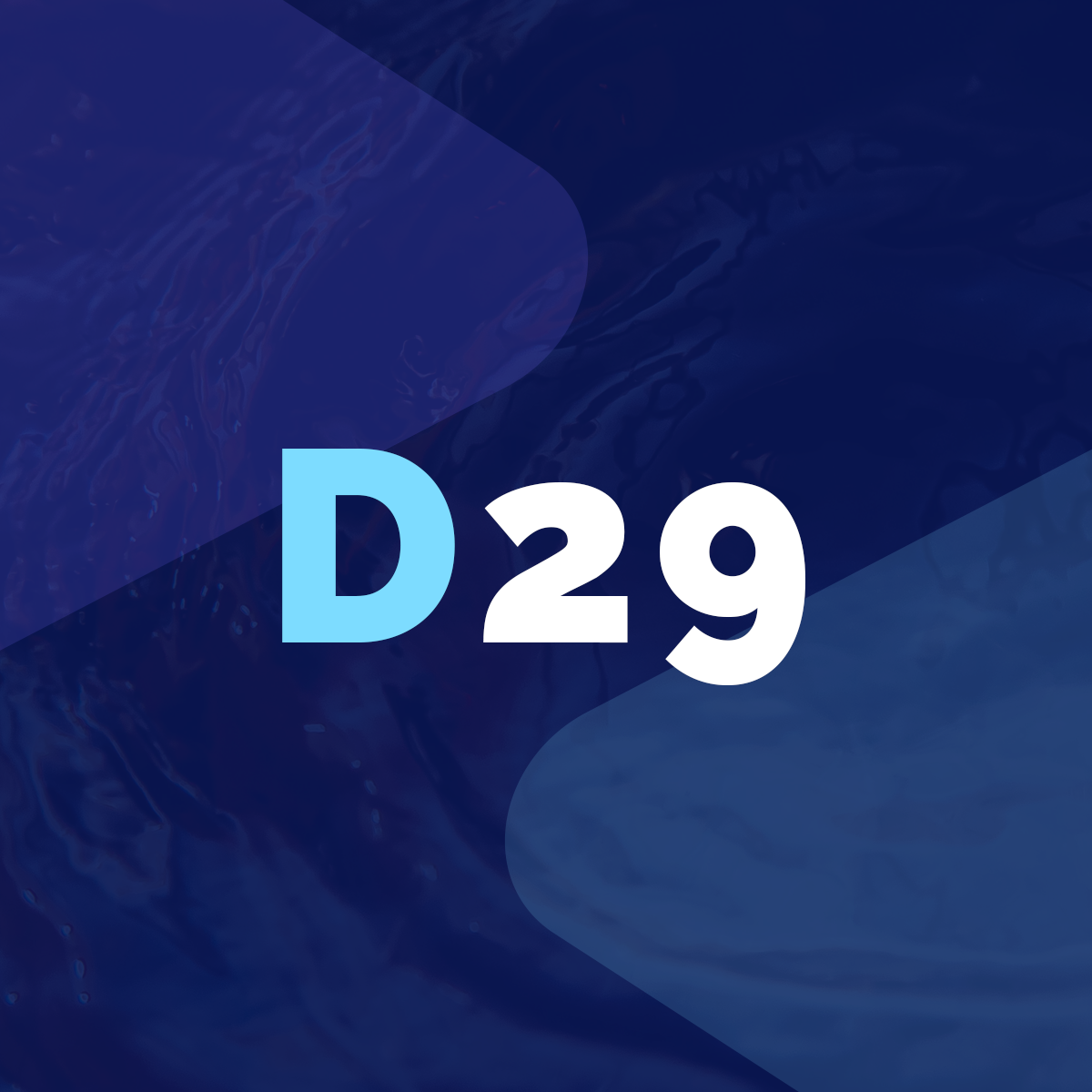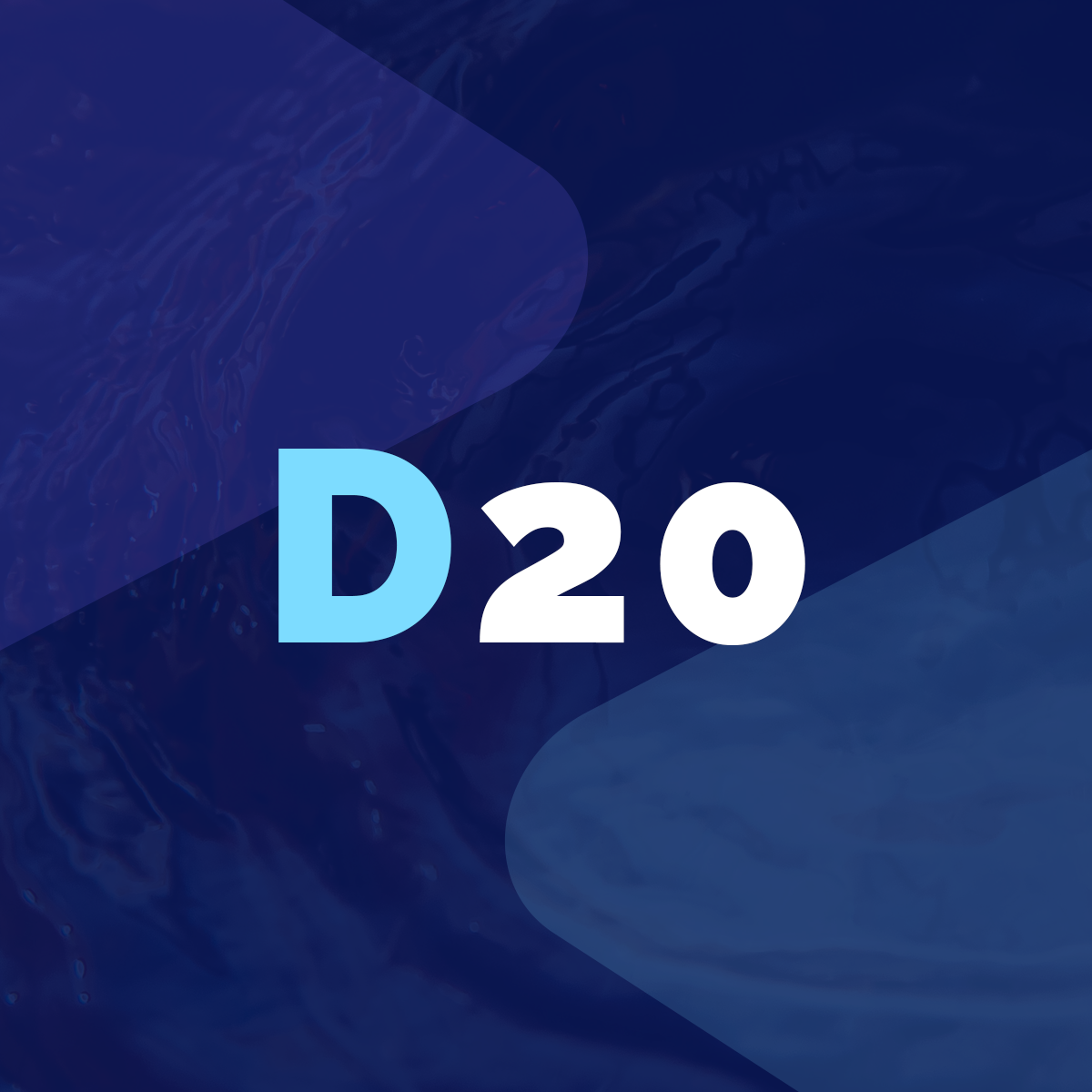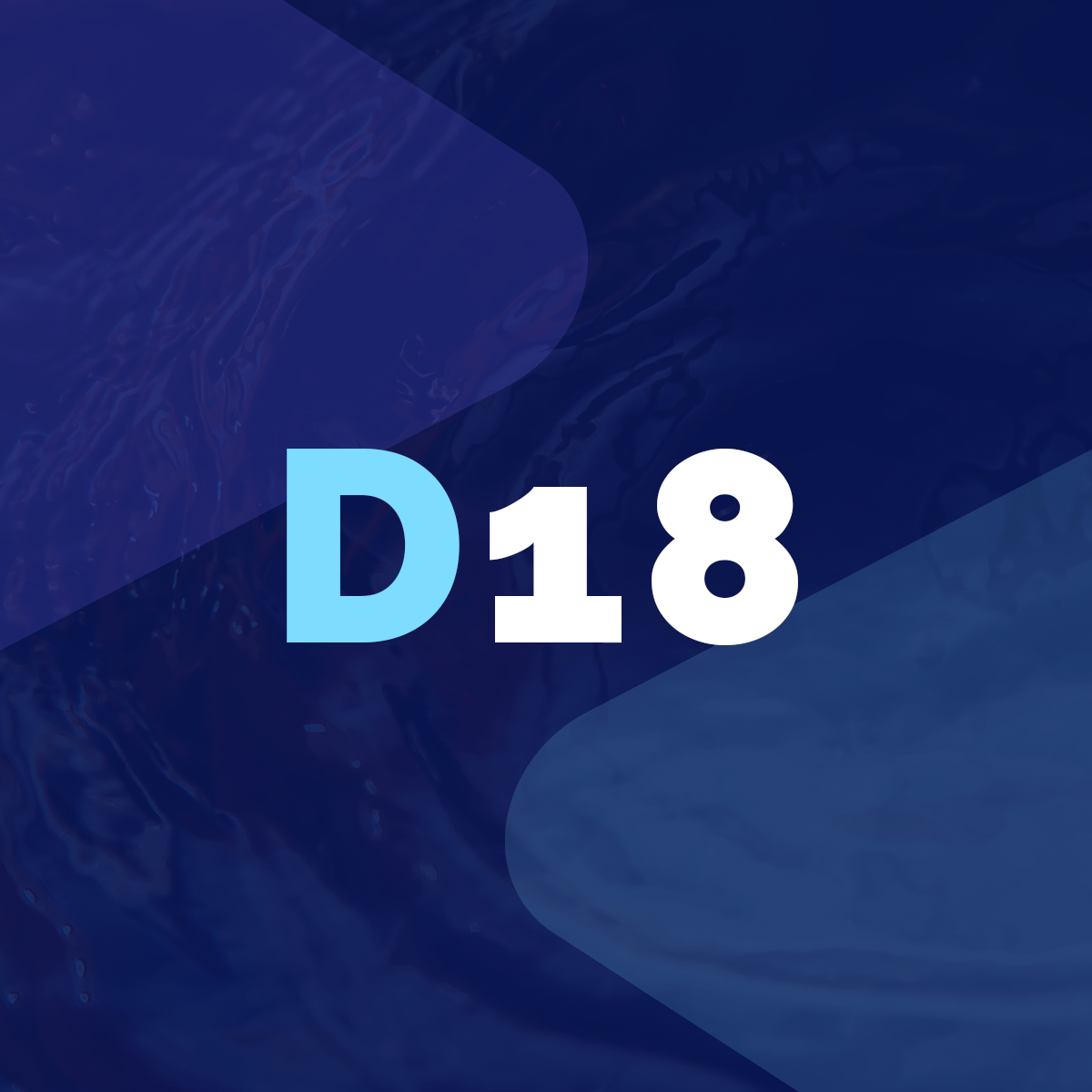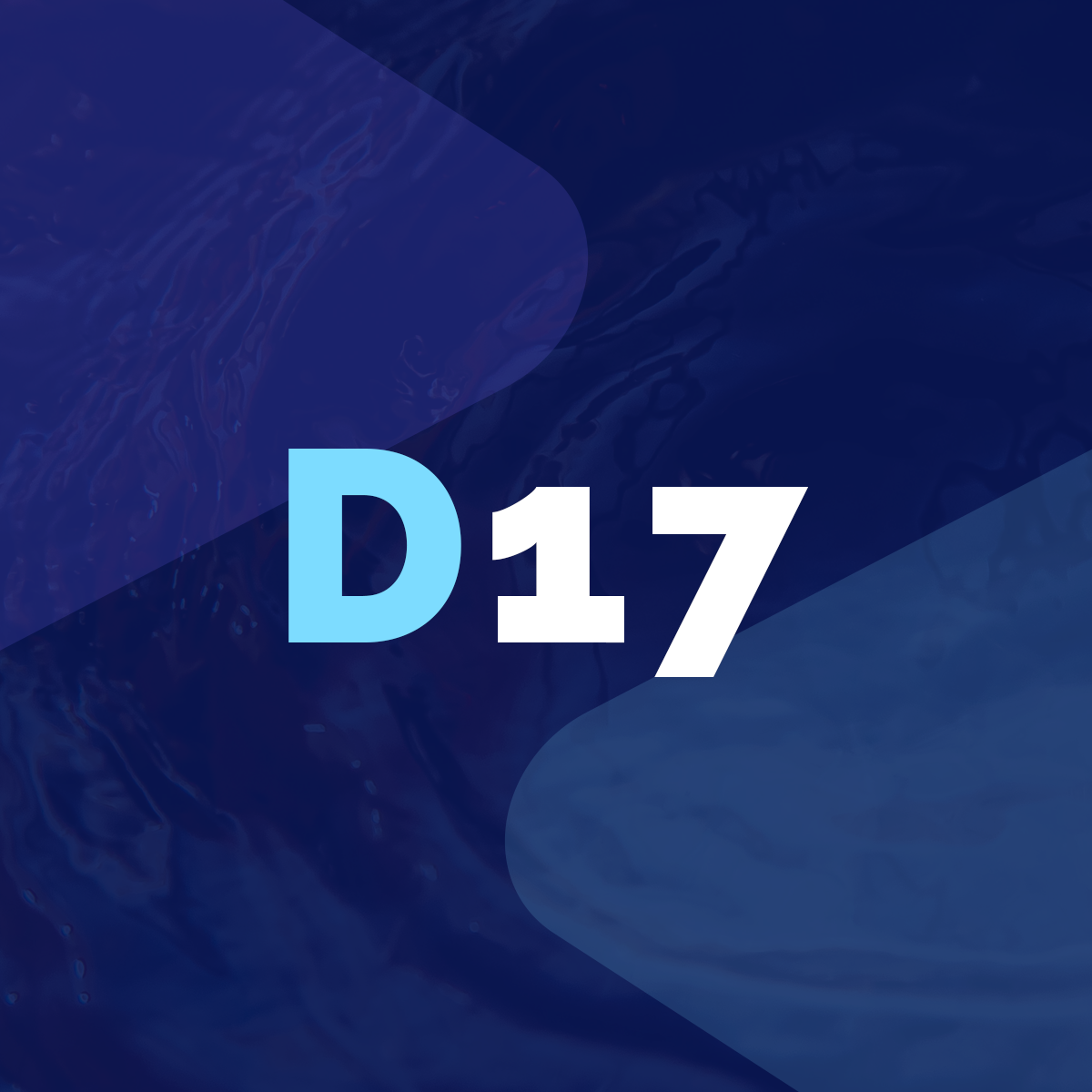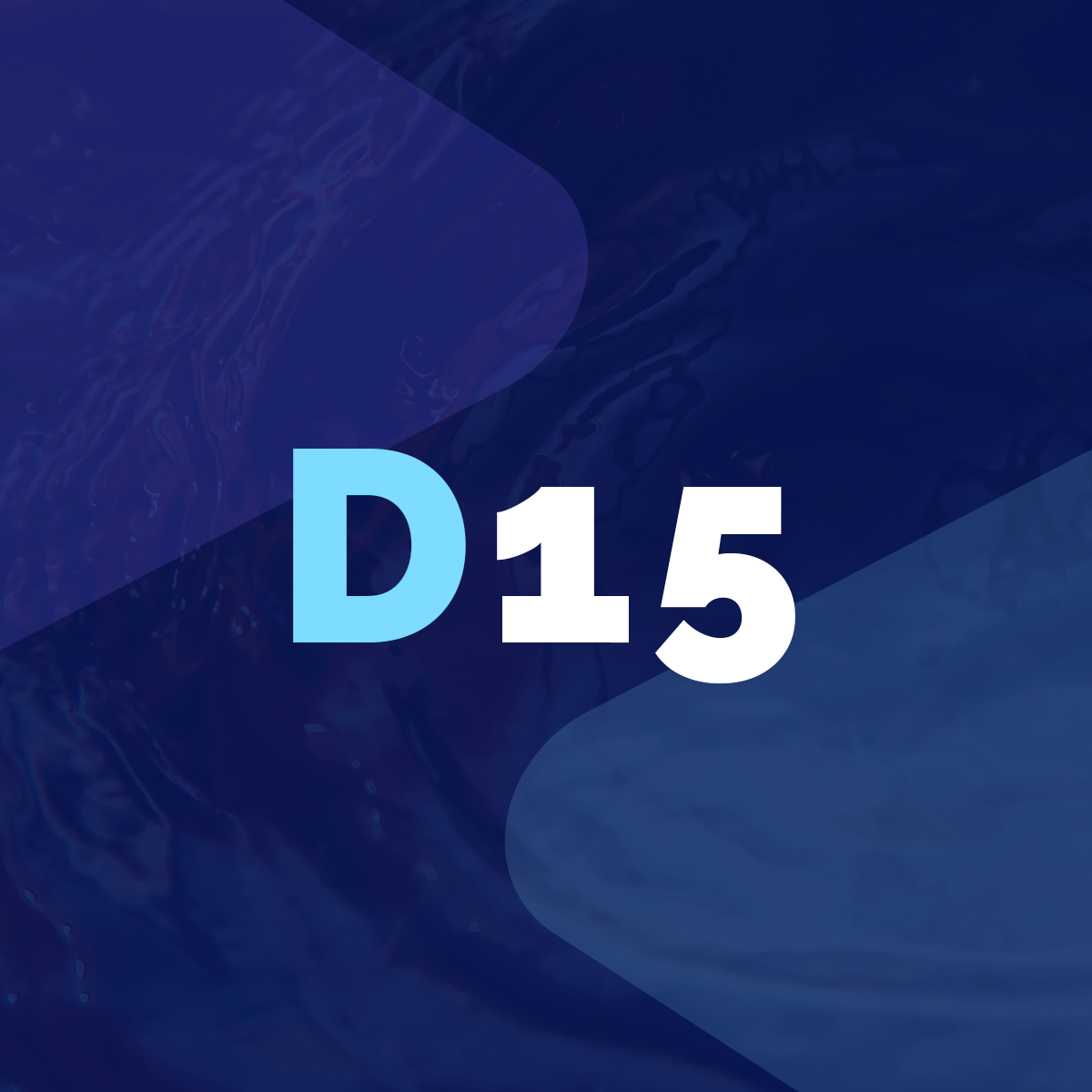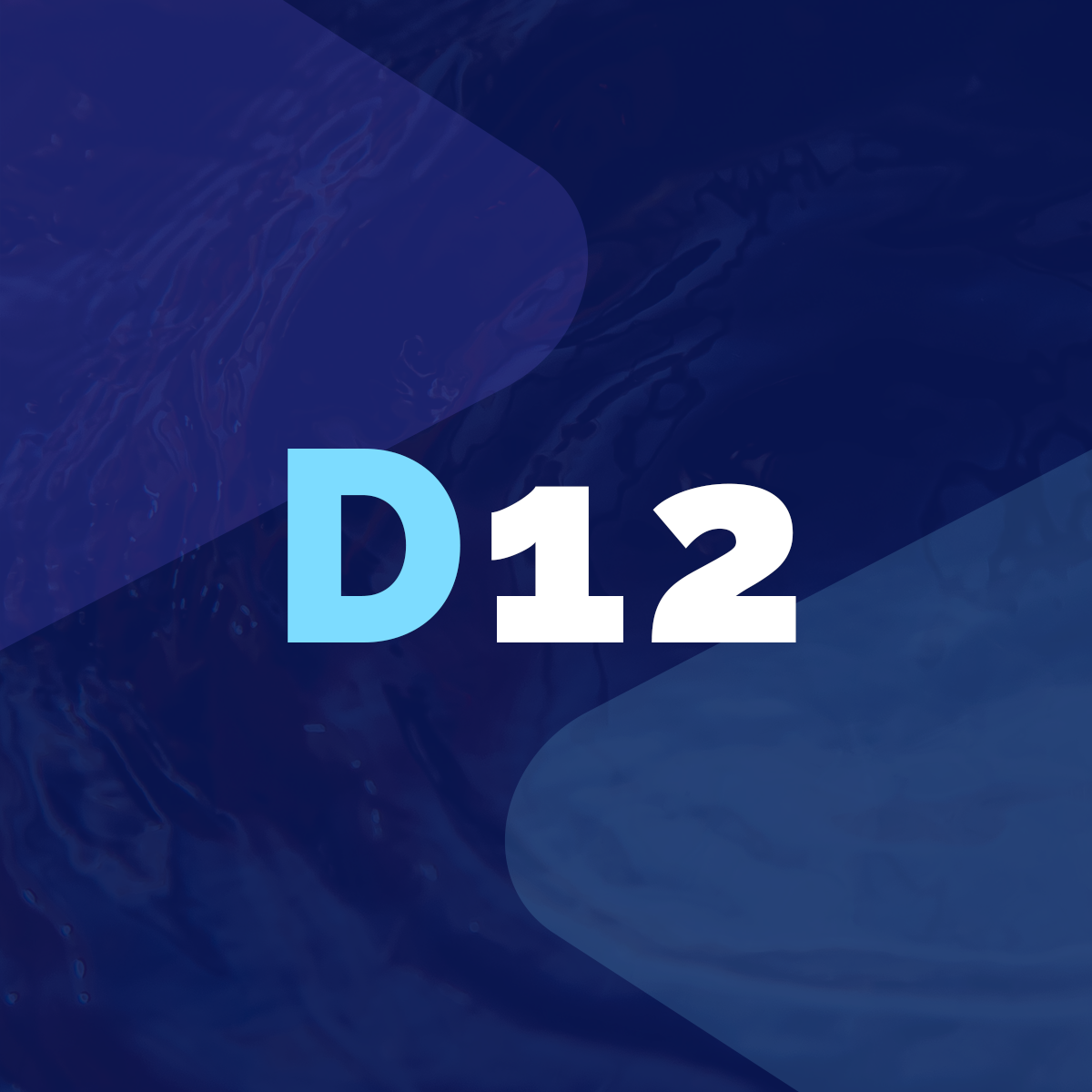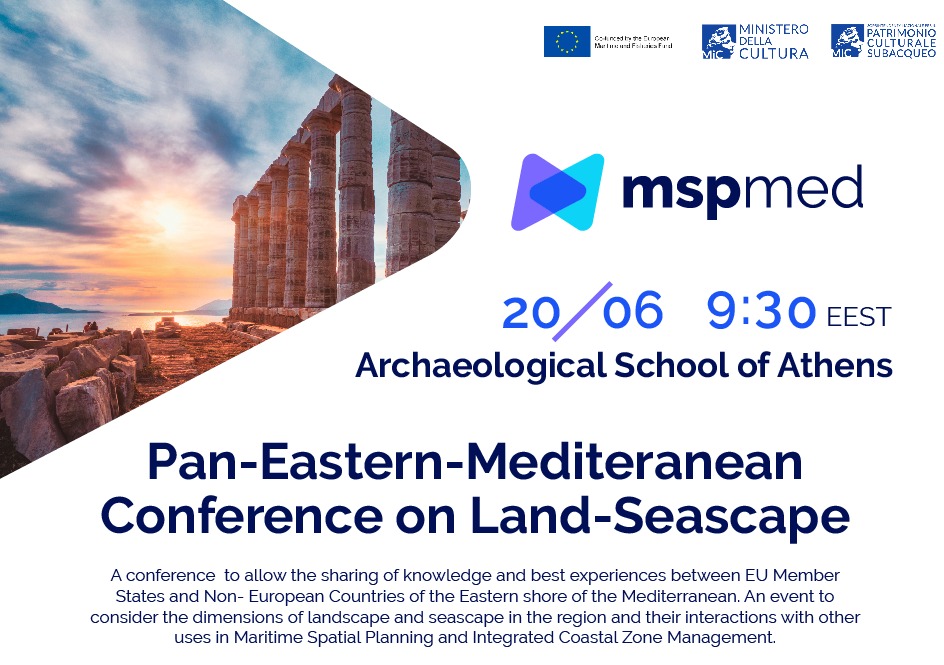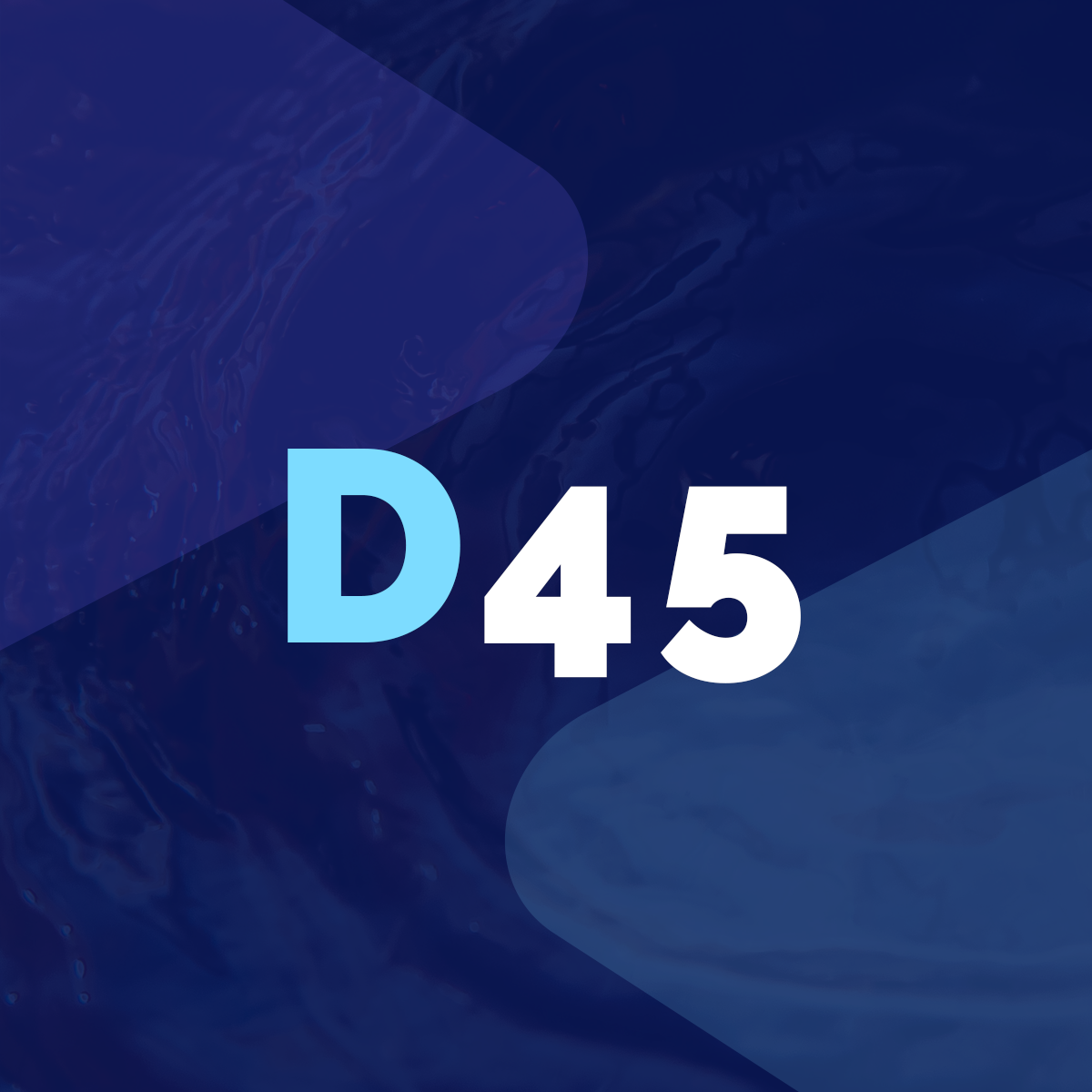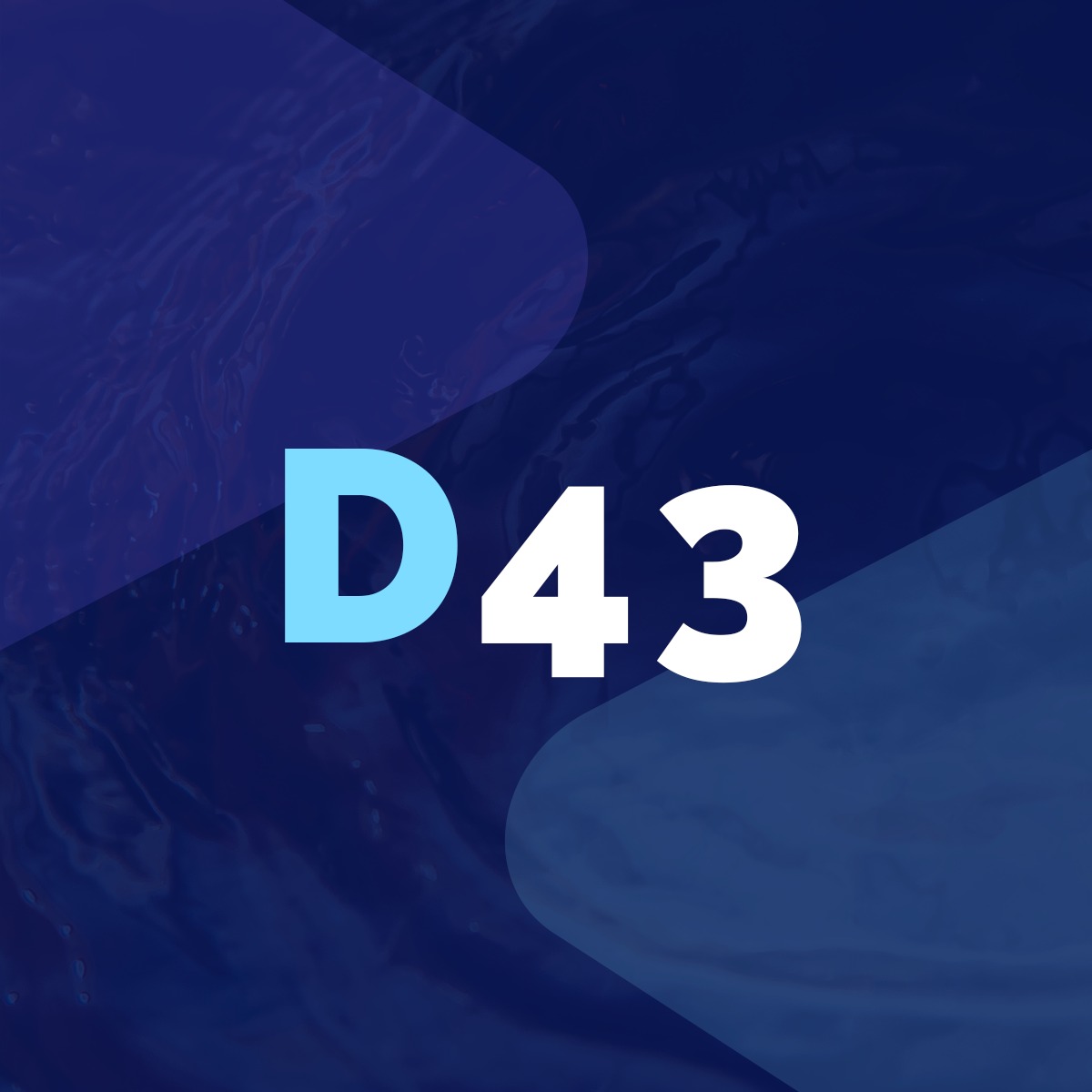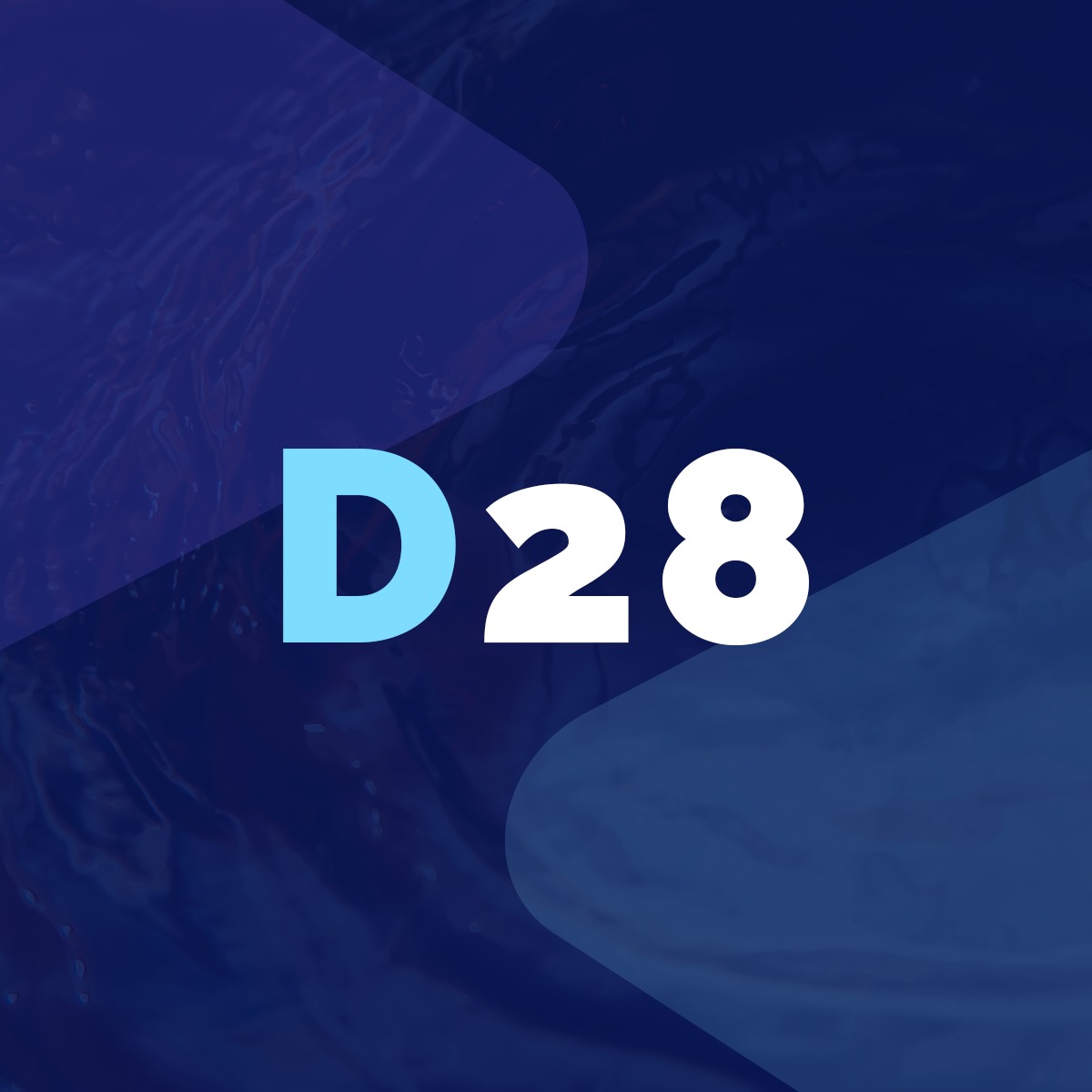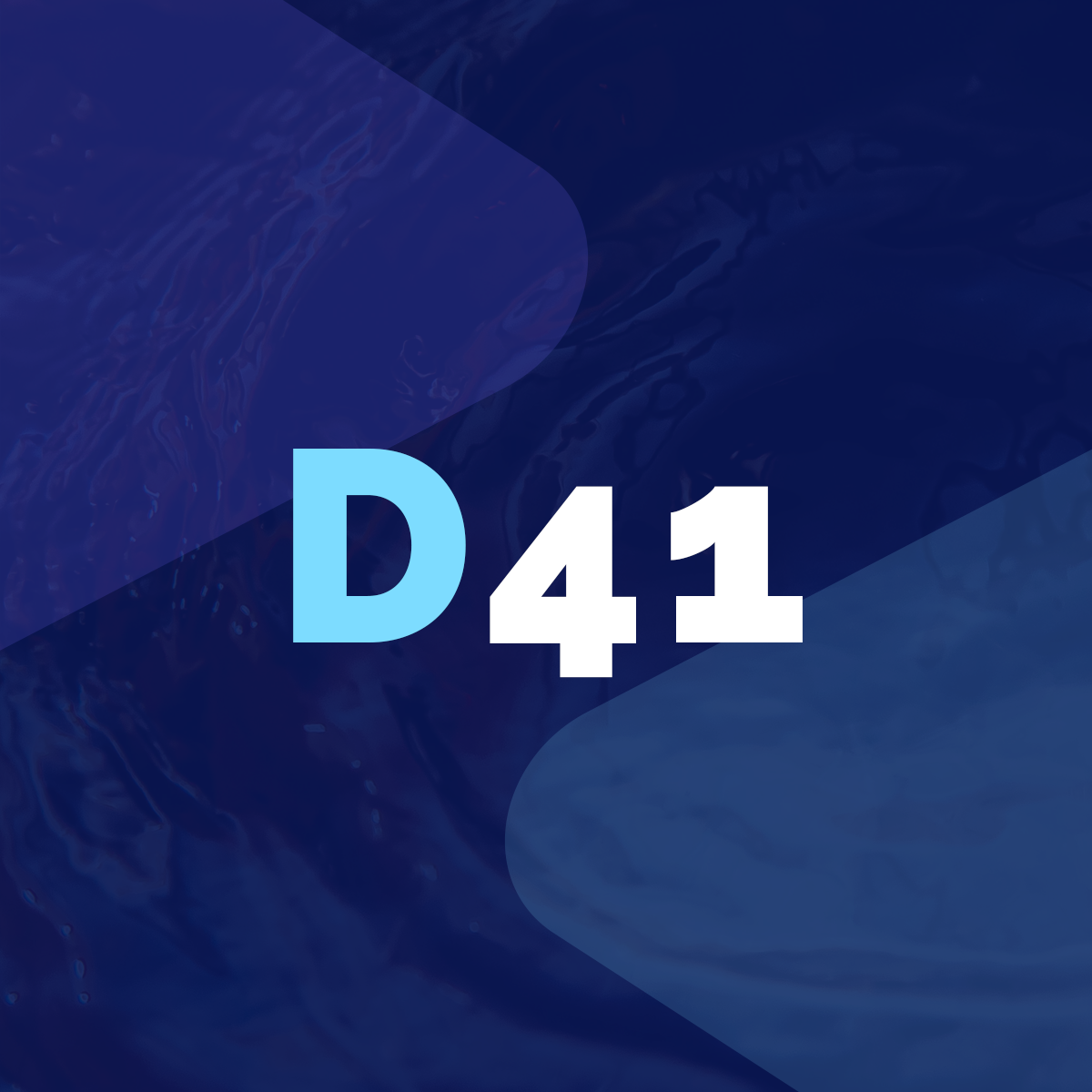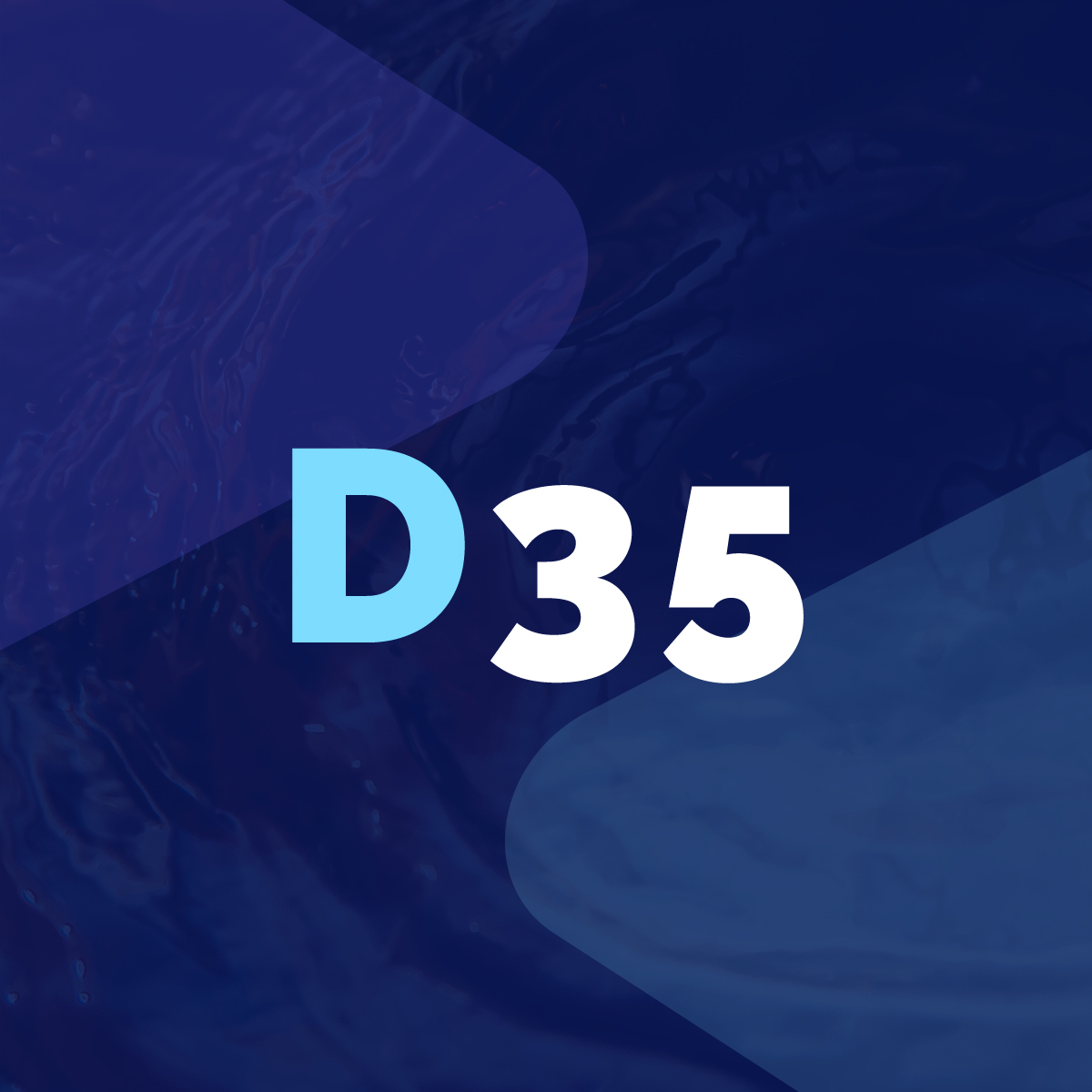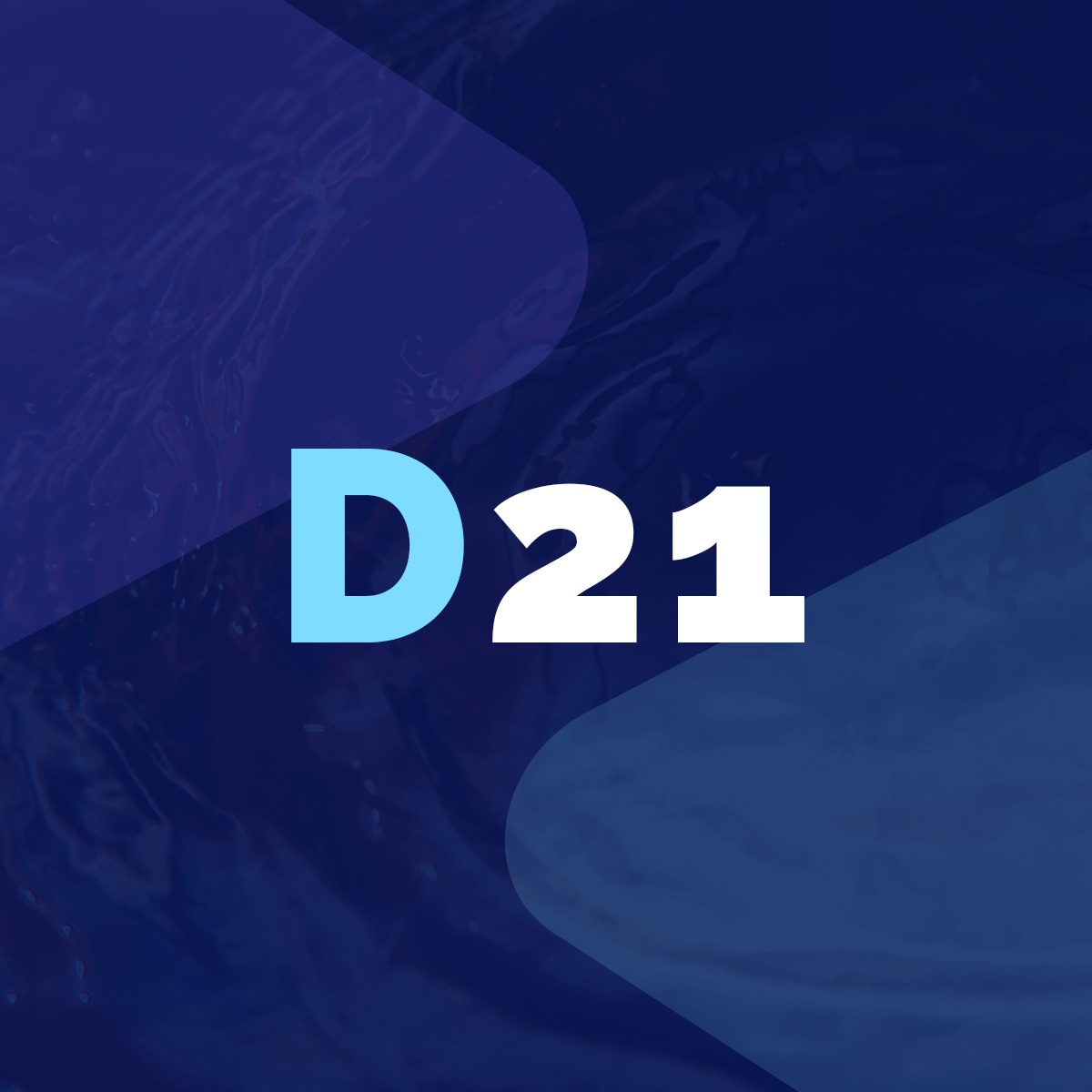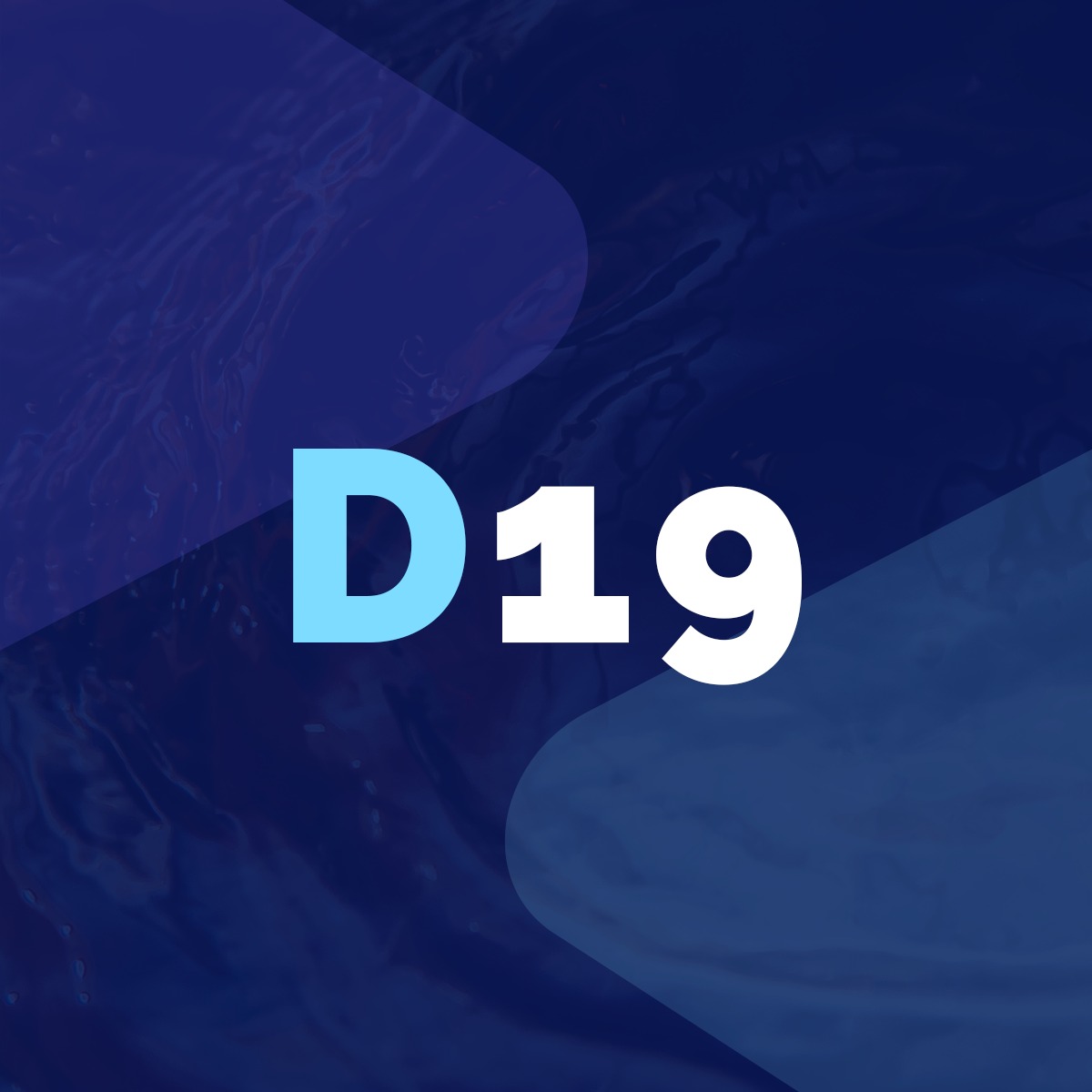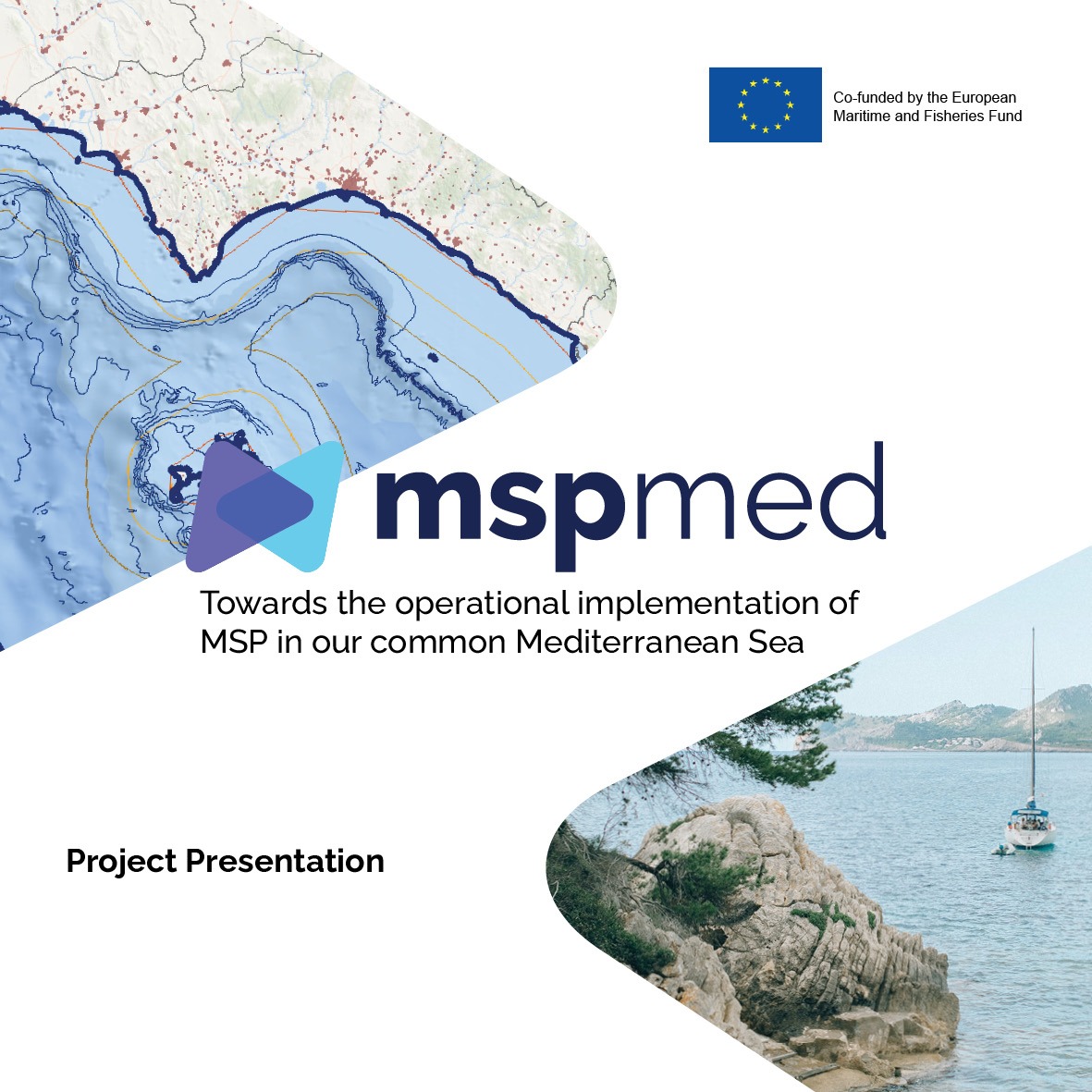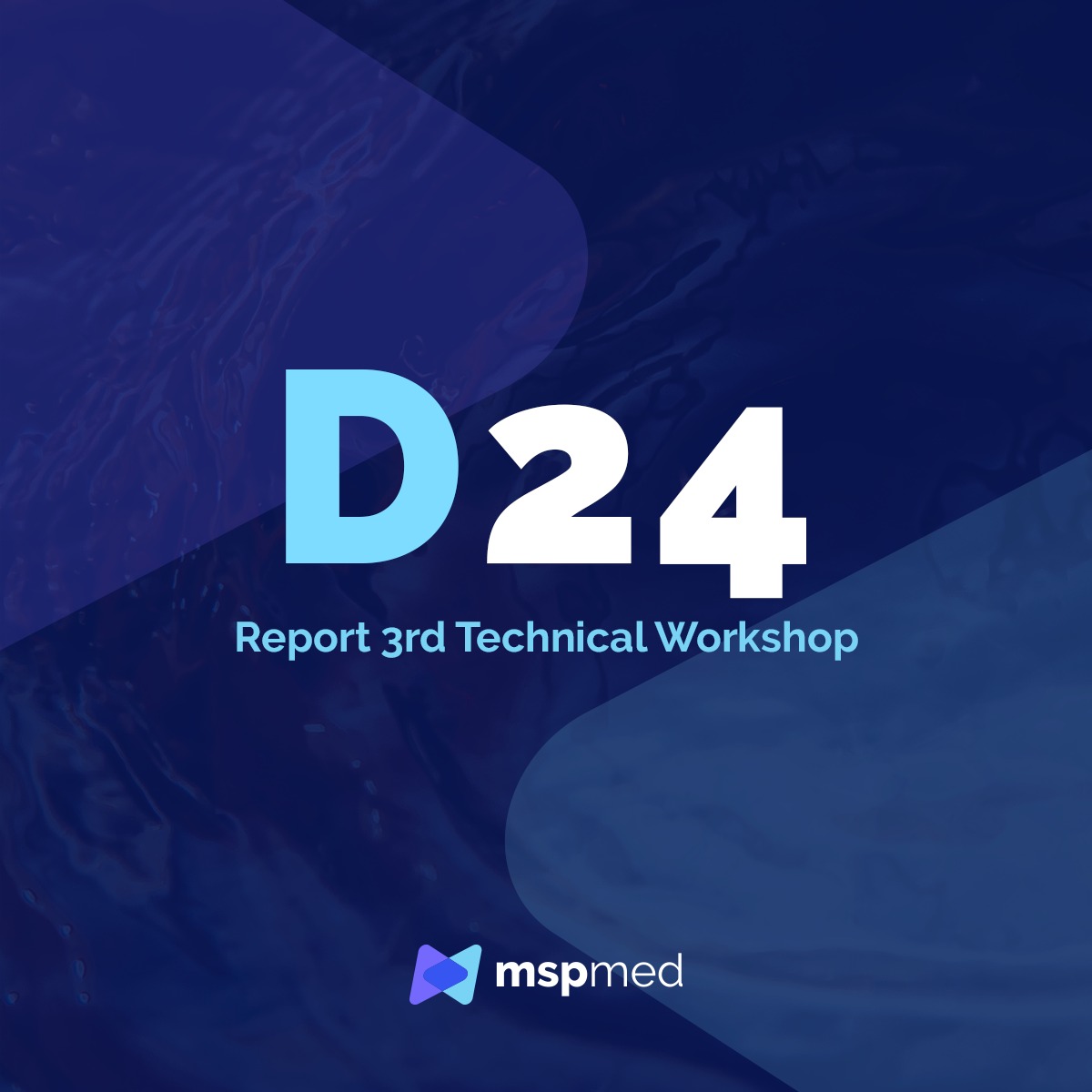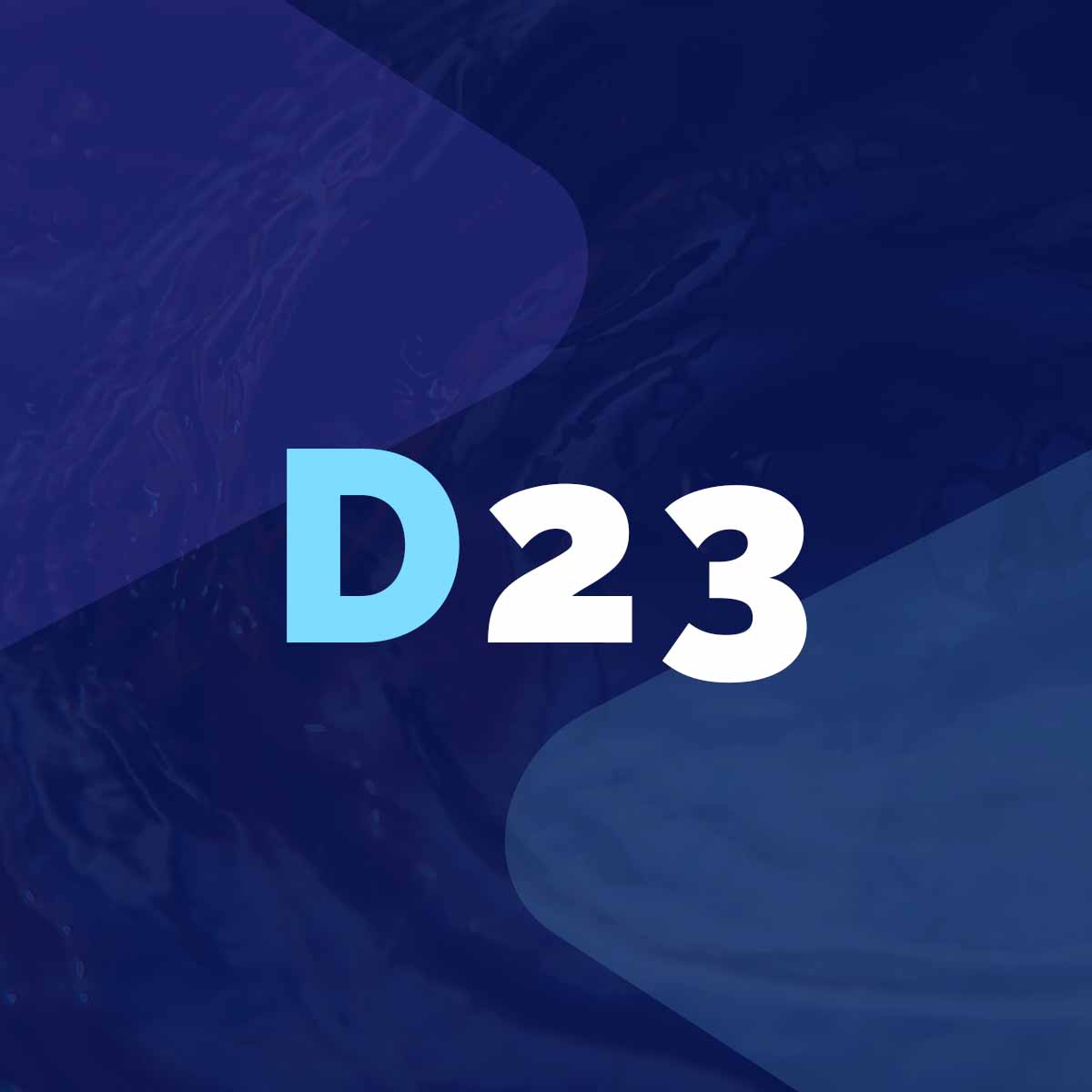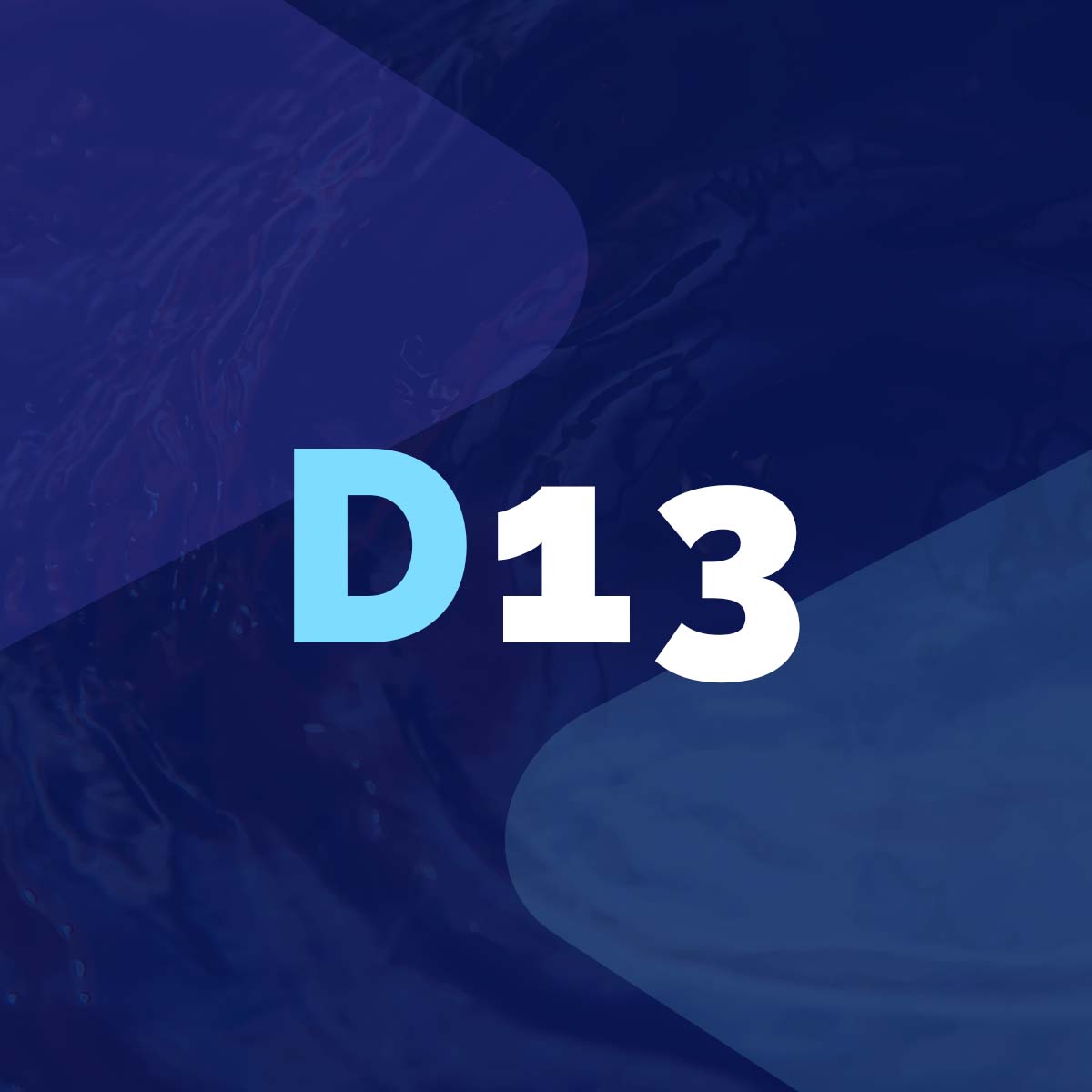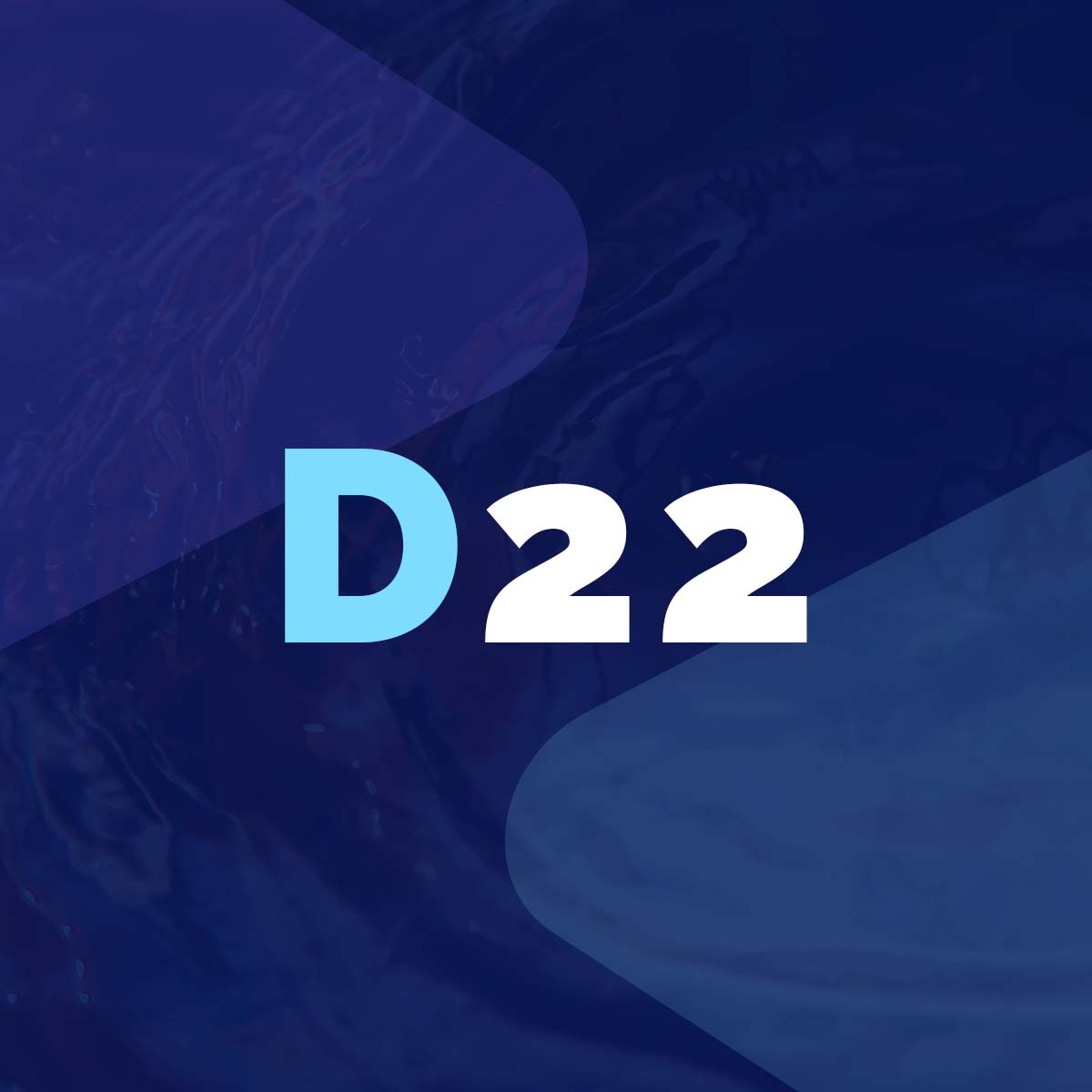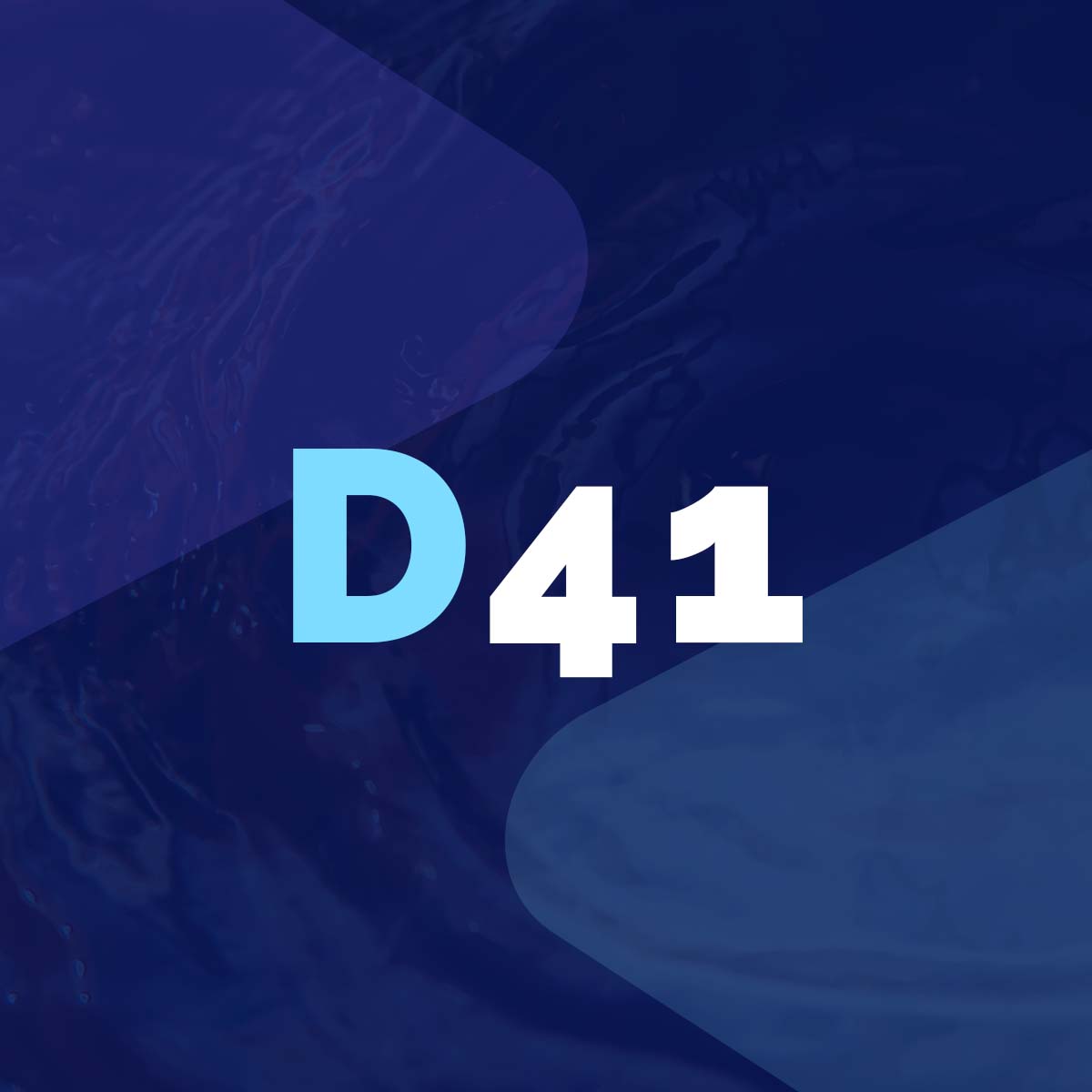RESULTS
D55 is the project Final Publication: A common planning framework in the Mediterranean Sea,Outcomes of the MSP-MED project. A synoptic overview of key achievements and results to inform future actions in the basin.
The MSP-MED map offers a visual overview of the great efforts and actions performed during the project’s lifespan.
The communication team established a methodology for communication and dissemination, starting from the Communication Plan of the project and a survey to experts a set of different printed and digital materials were created. A review of the process is offered in this nice volume.
D48 MSP oriented report on researches, knowledge and gaps on soft substratum habitats in the gulf of Lion offers a useful study on the knowledge available on soft substratum habitats in a very important hotspot for biodiversity in the Mediterranean.
D40 Report on selected areas: a) Activities between Spain, Morocco and Algeria; b) Pan-Western Mediterranean Workshop; c) Pan-Eastern Mediterranean Workshop presents the reports of important meetings that were organized by the Consortium at basin level. The deliverable tries to answer the question of which are the issues and opportunities to be addressed by MSP in the Mediterranean in the near future and how to achieve this result.
D39 Report on selected areas: a) Gulf of Lion; b)Tyrrhenian Sea; c) Northern Ionian Sea; d) Northern Adriatic Sea; e) Ionian Sea and the Central Mediterranean Sea is the result of a great effort carried out via bilateral workshops and studies to identify important issues of common concern in the selected areas.
A deliverable to understand better issues that may be addressed and solved by the national Slovenian MSP plan.
A report to review administrative procedures and inform possible bettering actions.
This deliverable is a useful evaluation report on the status of Maltese marine database, to inform bettering in the future
A document to describe the work performed in supporting data for MSP development in Italy.
A catalogue to easily organize data for MSP, developed by CNR-Ismar.
A catalogue to easily organize data for MSP, developed by CNR-Ismar.
This deliverable describes the programme conceived for Koper Bay as part of the Slovenian MSP plan.
This deliverable offers a review of the vision and objectives developed for Koper bay as part of the Slovenian MSP.
This deliverable offers a set of recommendations to enable synergies in planning in the Malta MSP plan.
This deliverable, Greece: Guidelines for the implementation of MSP : (a) stakeholder engagement strategy, (b) Framework to monitor and evaluate plan implementation and performance, was conceived to foster the greek MSP national plan with a set of key elements.
This deliverable presents a synthesis of the knowledge developed to evaluate the impacts of underwater noise on biodiversity.
This deliverable, Italy: Vocation maps, with specific objectives and proposed key measures a) Western Mediterranean, b) Adriatic Sea, c) Ionian Sea – Central Mediterranean, presents the work done to define those key assets of Italian MSP plans.
The deliverable D4 Italy: Visioning and strategic objectives a) Western Mediterranean, b) Adriatic Sea, c) Ionian Sea – Central Mediterranean, presents the vision and objectives developed for the Italian MSP plans in the framework of the project.
D51 Infographics for Basin Uses: Aquaculture, renewable energies and Biodiversity is ready for download. This set of infographics provides an overview of the spatial presence and main figures regarding uses and sectors in the EU member states on the Mediterranean shores involved in the MSP-MED project. The aim is to present an overview of the three maritime uses in the Mediterranean countries involved in the MSP-MED project. The 3 sectors mentioned in the MSP Directive are key to the European Green Deal and sustainable development are: Biodiversity and protection, Aquaculture, and Offshore renewable energy.
You can now download Report D11: Underwater noise Workshop. This case study between Spain and France is about the Planning the offshore Gulf of Lion with respect to the ecosystems. The technical meeting aimed to value and share underwater noise assessments, methodologies and initiatives. In addition, the case study conducted in a transboundary context could help to assess cumulative impacts in the Gulf of Lion due to maritime traffic and OWF, and to assess the effects and possible impacts on cetacean species at an appropriate scale.
You can now download the report of D16 – Evaluation Report Malta: Governance for MSP. This report discusses about the MSP governance in Malta supported by the MSPMED project and is needed to identify: the linkages between different national plans addressing Malta’s marine waters; the issues and gaps within the current SPED policy framework in relation to the national plans, particularly those issues after 2015 and finally the existing mechanisms for stakeholder engagement for these plans.
now download the Report D14 Greece: Workshops evaluation and lessons! The report aims to support Greece in specifying procedures and parameters related to the preparation of Maritime Spatial Plans focusing on operational aspects, governance overlaps and stakeholders’ concerns in order to overcome institutional gaps and integrate the local and supra-local interests. The main objective is to link the national level – which is the main decision making level in Greece – and the local level where particularities and complexities of place need to be considered. The identification of the main activities taking place in the coastal and maritime space is essential to manage the complex interactions that shape the national economy and directly affect the local communities and the environment.
Download the report D12 of the pilot case for maritime spatial planning in the Region of Murcia with respect to habitat conservation. The objectives of this case study are first to analyse the current uses and activities occurring in the marine waters of the Region of Murcia through the elaboration of a GIS geo-database by selecting some of these maritime uses in order to assess to find possible conflicts, synergies and information gaps. Second, D12 aims to organize local stakeholders’ workshops on the topics selected in order to identify conflicts, synergies and information gaps and to obtain recommendations that could be used in the MSP national process.
The results of D52 – the transboundary workshop between Italy, France & Spain about Underwater noise assessment for decision support in MSP and related policies are out. This trilateral meeting was carried out in order to assess issues of common concern in the maritime space of the neighboring areas: Tyrrhenian Sea-Gulf of Lion – Balearic/Sardinian Sea, where the three countries have jurisdiction. This workshop was part of a bigger event called “Underwater noise assessment for decision support in MSP and related policies”. Make sure to download the results of this workshop and discover what took place on the 11th of May in the Mediterranean Centre for Marine and Environmental Research (CMIMA, CSIC) Barcelona (Spain).
You can now download the report D6 – Italy: System of Indicators to Monitor Plan Implementation and Performance is ready. The present deliverable focuses on phase 5: Methodology and indicators for monitoring and adaptation of the Plan, describing how monitoring is foreseen by the Italian national plan and how indicators were identified to help assess the performance of the plan and its correct implementation that establish the first cycle of planning.
The presentation Deck from the Pan-Easter conference on sea-landscape and cultural heritage and MSP that took place in Athens on the 20th of June is now available for consultation.
The report D9 on Underwater noise studies in the Gulf of Lions region generated by maritime activities is ready for download. Sound is a dominant feature of the underwater marine environment as a result of natural (biological sources, underwater earthquakes, wind) and human-made (anthropogenic) sound sources. Underwater noise anthropogenic sources are commonly related to maritime transport, deep-sea mining, fishing, and construction. Some of them are introduced into the environment incidentally by the activity; others could be introduced intentionally for a particular purpose (i.e. seismic sources). Download the report!
The MSPMED new intermediate report is ready. The work of all the partners and their progress for all the work packages have been published. Check out what each of CORILA, IUAV, CNR-ISMAR, IEO, SHOM, OFB, PA, YPEN, UTH, RRC Koper and others work during the period of September 01 2021 till 28 February 2022.
As part of the European Maritime Day (EMD) event, the MSPMED project, coordinated by CORILA with the support of CNR-ISMAR and IUAV, organized a #EMDInMyCountry webinar on the 2nd of May 2022 to present the maritime spatial planning process currently underway. Pierpaolo Campostrini (CORILA), Francesco Musco (IUAV), Andrea Barbanti (CNR-ISMAR), Fabrizio Madeddu (Referent MSP Italy Reg. Sardinia), Commander General Massimo Seno (Ministry of Infrastructure and Sustainable Mobility) and Paolo Menegazzo (Port Authority of Venice) presented different interventions related to MSP. You can now download and read the report of the webinar, our Deliverable 47!
D38 describes the study and work carried out to produce a dataset of French data relevant from a cross-border perspective for the Mediterranean area. It details the data identified as of interest at a transnational level for both maritime safety and surveillance and maritime spatial planning. Metadata is also implemented.
D50 is composed of a comparative set of factsheets of the national MSP plans from the MSPMED partner countries in order to detect common points and principal differences between them. This document offers a common layout that can make easier the comparison of plans regarding governance, stages/phases, stakeholders’ involvement/engagement, etc., in a
synthetic and practical way.
The methodology conducted to develop this work consisted in a systematic review of national MSP plans’ information of the MSPMED countries available in their official websites or in resources’ portals as MSPglobal and the EU MSP Platform. This first collection of information was afterwards complemented with a direct consultation to MSPMED partners.
The transboundary reflection between Italy, Monaco and France was sought to highlight the interactions of the two communities in the RAMOGEPOL plan area. The objective of the workshop was to provide an opportunity for a dialogue between Italy, France and Monaco’s both the MSP and maritime surveillance authorities and relevant stakeholders. It focused on respective national maritime surveillance organisations, actions at sea and supporting tools. The workshop was an occasion to draw the attention of stakeholders on the role of MSP data and cartographic representation for the action of the State at sea activities.
The report of the 6th Technical Workshop about “Monitoring of Implementation” is here. Monitoring is essential for planning in order to understand if the plan is successful, if its vision and objectives are met and how to upgrade it and adapt it. The implementation of a plan is a long process and takes between 5 to 10 years where it’s necessary to identify a reliable set of indicators. To achieve an optimal result, monitoring is expected to take place along the implementation phase (e.g. annually) to cover the full scope of the action.
You can now download the report about the knowledge about interactions between Mediterranean ecosystems and maritime uses, with a specific focus on wind farm development in the Gulf of Lion area that was developed by FEM in collaboration with the OFB and the IEO-CSIC with the scientific and technical community through a series of technical meetings and interviews. While the main objective was to provide knowledge on the interactions between the marine ecosystems of the Gulf of Lion and the development of offshore floating wind farms. it was also entrusted to adapt the first steps of a method for study the cumulative effects on the Mediterranean Sea context and on offshore floating wind farms technologies in order to benefit from feedback on the method’s implementation and to propose the basis for a subsequent implementation.
The report of D7 about the Gulf of Lion– France and Spain: Planning the offshore Gulf of Lions in regards with ecosystems is out! It discusses about the knowledge synthesis about ecological stakes related to seabirds, marine mammals, sea turtles and canyon deep habitats. This report aims to boost knowledge and to complete an updated view of ecological stakes at the Gulf of Lions scale; to highlight important knowledge gaps to be bridged, and perspectives or solutions; and to inform the way evaluation and MPA designations mobilize existing knowledge in order to support MSP processes in Spain and France. Finally, it aims at encouraging cross-border cooperation to inform ecological stakes relative to cetaceans, sea turtles, seabirds, and canyon deep habitats. Download and check the report!
The Report of Fifth Technical workshop about stakeholder engagement in MSP is now ready! Stakeholder engagement in MSP is a complex asset of the plans due to the great number and diversity of maritime stakeholders in different levels (horizontal and vertically). Two guest institutions from Finland and WWF as well as the different competent authorities of the MSPMED consortium shared about how engaging key stakeholders in the development of plans is essential, among others to encompass issue identification, evidence gathering and consensus building.
Analysis of National Geoportal is an overview of the Italian online portal that will host the MSP Italian data and maps related to the National plan. The portal will act as a repository and interface for public consultation. The text describes its wireframe, ….. and many functionalities.
The Communication Plan (CP) presents an overview of the actions planned and carried out in communicating the project, it is updated every six months. In this new release the social media campaigns, newsletters and other media outreaches that took place until August 2021 are listed and described.
“From data to knowledge. Supporting adaptive management in MSP”
The full report about the 4th Technical Workshop done on the 9th of July discussed data availability and sharing in an adaptive management perspective. It explored how data use can benefit the entire planning process as well as enhancing transboundary planning coordination. The workshop involving all the consortium of partners of MSPMED included presentations from the national practices of each of the member states, and presentations from guest institutions as DG MARE, EMODnet, HELCOM, MSP PLATFORM, TEG on Data in MSP and the Scottish government.
As the municipalities of Koper and Izola are preparing the Regional Spatial Plans for their coastal areas, the workshop employed the necessary data for the preparation of the concrete plan for the implementation of MSP. The workshop was held with the participation of many stakeholders. Finally, the report lists the preparation of the key steps needed for the planning and the management of the coastal strip between Koper and Izola.
Development vision, objectives and concept for Koper Bay
The workshop took place on February 26, 2021 aimed at defining the coastal area between Koper and Izola to serve as the basis for the preparation of the Regional Spatial Plan (RSP) of the area. The workshop has been done with the cooperation of stakeholders where programme elements, vision, goals for the Bay, and other specific concepts for the coastal area have been discussed. The report describes the structure of the event while recapitulating the shared contents, the elements of discussion and foreseen strategies.
Development vision, objectives and concept for Koper Bay
The report of the first workshop carried out by RRC Koper, the event was held with the purpose of preparing the vision, goals and concepts of spatial development along the Bay of Koper. This was done a using participatory method, that will guide the preparation of spatial planning acts in municipalities (including the Regional Spatial Plan RSP) and the selection and preparation of projects related to coastal-marine management in the programming period 2021-2027.
First Leaflet - Project presentation
The first leaflet of the project describes its nuts and bolts in an accessible way, providing information about its structure and expected results. It will be distributed in a printed version during events and meetings.
“Ecosystem-Based Maritime Spatial Planning in the Mediterranean”
The outcomes of the February Technical Workshop among project partners on Ecosystem Based MSP in the Mediterranean Basin are collected in this comprehensive report. The event was divided into a plenary session with case studies presented by international experts from UNEP-MAP, WWF Med, FAO-GFCM, ETC-UMA and was followed by three parallel sessions dealing with EBA in the analysis phase, design phase and implementation of adaptive EB in MSP.
The Communication Plan (CP) presents an overview of the actions planned and carried out in communicating the project, it is reviewed every six months to verify that the initiatives are effective (e.g. social media strategies). In this release the social media campaigns, newsletters and other media outreaches that took place until February 2021 are listed and described.
“LSI analysis for MSP”
This report collects the results of the workshop on LSI analysis approaches, LSI is generally interpreted as the set of processes linking terrestrial and marine areas and MSPMED partners could share national procedures and explore different features of LSI while setting the ground for further cross-border consultations on the topic.
“Governance scheme at National and sub-national levels for Spatial Planning in relation to MSP in Greece”
“Governance scheme at National and sub-national levels for Spatial Planning in relation to MSP in Greece” gives a useful insight in the Greek approach at MSP. The writing, crafted by The Ministry of the Environment & Energy with the support of the University of Thessaly offers a detailed overview of projects and protocols followed to develop MSP on the Greek shores and waters.
1st Technical workshop “Governance and administrative frameworks on implementation”
In may 2020 the first technical workshop took place, it addressed the Governance topic with a focus on Planning frameworks, Governance frameworks and Strategic Environmental Assessment (SEA) of each country. This report is a useful insight on purposes and results of the workshop. A nice plus, it comes with visual minutes that aim at explaining in an accessible way such complex topics.
The Communication Plan offers an useful overview of the project and on communication activities planned within MSPMED. The document describes the different typologies of communication foreseen in the project, the tools, target audience, communication objectives, the visual identity and, in general, the work structure. Also a user manual for the project’s logotype and guidelines for social media communication have been included in the CP.





